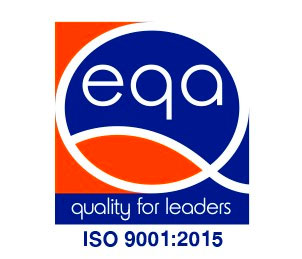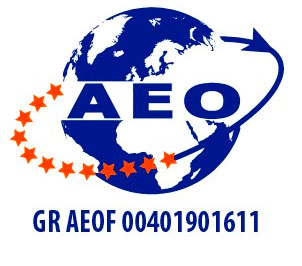Αρχική » Faqs
What is an EORI number?
The “Economic Operators Registration and Identification” (EORI) number is something like a tax identification number for use with customs authorities in the European Union.
It is your unique identifier in the EU customs territory and is issued by the competent customs authorities in Member States to economic operators who do business with EU customs offices. It is valid throughout the EU and economic operators must use it in all their transactions with customs authorities in all EU countries.
At BMR Customs Brokers, we undertake the issuance of the EORI number on your behalf so you can start doing business internationally.
What is the customs significance of import and export?
In the context of customs, import and export procedures apply only to transactions between European Union countries and third countries. Transactions between Member States are not classified as import and export, since they are intra-Community transactions. Specifically, the “import” of Community goods from the EU is termed an “intra-Community acquisition”, while the “export” of Community goods to another Member State is termed “Community shipping”.
Imports are usually charged customs duty based on the value of the goods, their tariff class and their country of origin, while for intra-Community acquisitions, no payment of duty is required provided the intra-Community transactions take place within the EU customs territory.
Import: Greece ← China
Export: Greece → China
Intra-Community acquisition: Greece ← Italy
Intra-Community shipping: Greece → Italy
How is the customs value determined when importing goods?
The customs value is the value of goods upon which the customs debt (duty) is based. In most cases, it is calculated as the sum of:
- the invoiced amount for purchasing products
- shipping
- insurance cost
- royalties, licence fees (if any)
- other charges related to import
Example: We are importing solar panels into Greece from China under EXW (ex-works) terms with an invoiced amount of €200,000. Shipping is €4,000 and insurance is €500. The customs value of the solar panels is the sum of the above, i.e. €204,500.
If the invoiced amount was €204,500, under CIF delivery (cost, freight and insurance), which would include shipping and insurance, then the customs value would be based on €204,500.
How are duties and VAT determined when importing goods?
Import duties are calculated as a percentage of the customs value of the import goods, while VAT is calculated as a percentage of the sum of customs value and duty. The duty and VAT rates are determined by the tariff classification of the goods and the country of origin. That is why the correct tariff classification of your goods by experienced customs brokers is very important.
Duty = customs value x rate of duty
VAT = (customs value + duty) x VAT rate
Example: Let’s assume that, for importing pens from China, the rate of duty is 4% and VAT is 24%. Therefore, to import pens with a customs value of €10,000, the duty comes to €400 and VAT comes to €2,496 (€10,400 x 24%), thus a total of €2,896 must be paid to the customs office (duty: €400 + VAT: €2.496).
At BMR Customs Brokers, we will accurately calculate the cost of your imported goods in advance so there are no surprises with unexpected charges. Transparency is our priority, and we want to be sure that every time we work together, you will be fully informed of and in control of your expenses.
Is it possible to avoid paying duties and VAT when importing goods?
Certain customs procedures allow for delayed, lower or even zero payment of duties and VAT. The ability to use these procedures depends mainly on your business activity and other factors, such as tariff classification of goods.
Get in touch with us, and the BMR Customs Brokers team will recommend the appropriate customs procedure for your business needs and free up valuable time and resources better spent on running your business.

